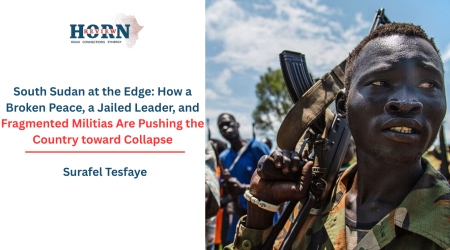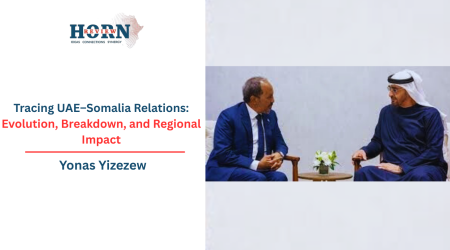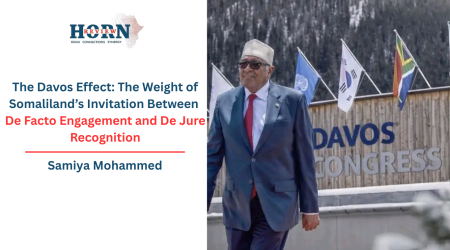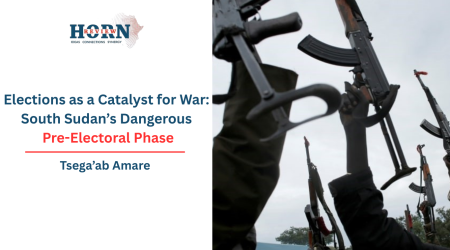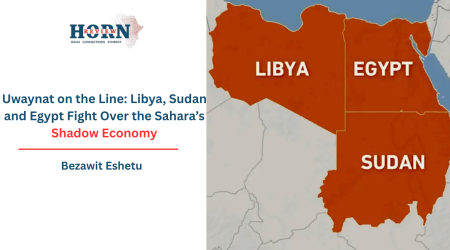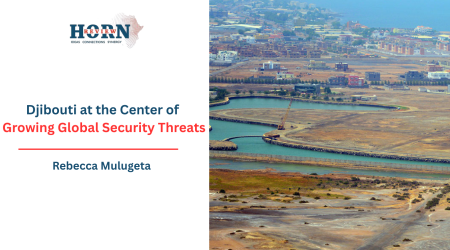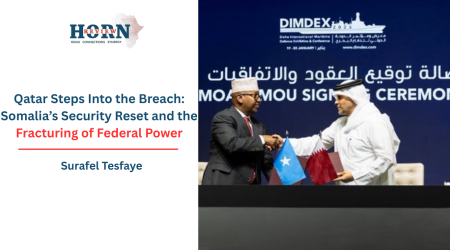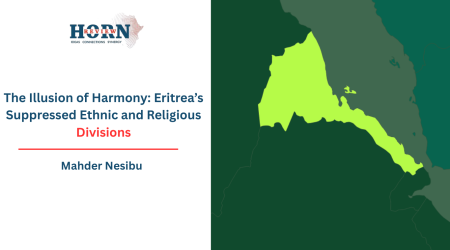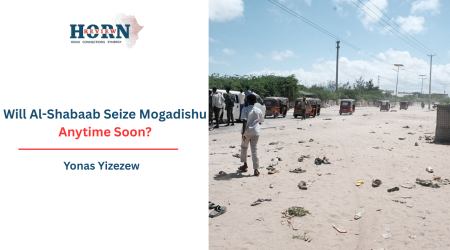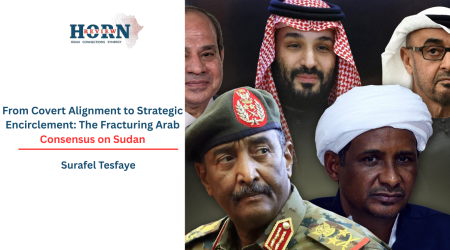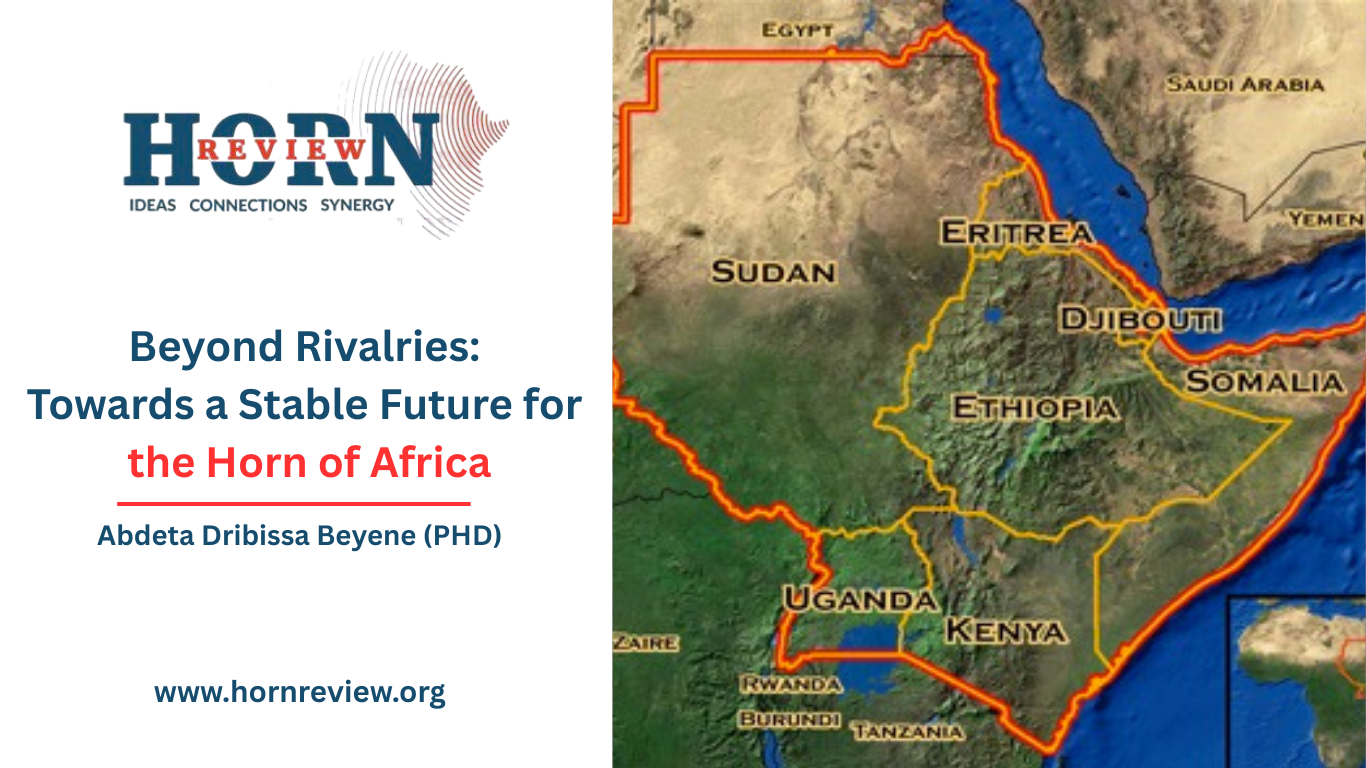
22
Nov
Beyond Rivalries: Towards a Stable Future for the Horn of Africa
By Abdeta Dribissa Beyene (PHD)
Recent Egyptian diplomatic and military initiatives in the Horn of Africa have drawn attention, framed publicly as contributions to regional peace and maritime security. Yet the deeper implications of this renewed activism raise important questions about the future of stability and cooperation in our region. The Horn of Africa is not merely a strategic theater shaped by outside interests. It is home to sovereign nations working to resolve internal challenges, build institutions, and pursue shared development. Any external engagement must reinforce these goals, not undermine them.
For Ethiopia, the matter is clear. The Horn has seen cycles of conflict in which external actors have contributed to divisions rather than reconciliation. When Ethiopia faced internal instability or tension with neighbors in past decades, Egypt’s role was rarely that of a neutral partner. Cairo’s support to factions in Somalia during the 1990s, its provision of military assistance during the Ethio-Eritrean conflict, and its encouragement of actors seeking to pressure Ethiopia from Sudan illustrate a consistent pattern: instability in Ethiopia has often been seen as an opportunity to strengthen Egyptian strategic advantage rather than a threat to regional peace.
Against this background, Egypt’s intention to deploy troops in Somalia under the African Union Support and Stabilization Mission should be responsibly examined. Ethiopia supports multilateral peace operations that are grounded in African sovereignty and Somali state-building. Yet military deployments must not become instruments for shifting political balances or anchoring long-term spheres of influence. Peacekeeping must protect Somalia’s hard-won institutional recovery, not introduce new strategic competition.
A similar dynamic continues to shape Egypt’s orientation toward the Nile. For decades, Cairo has securitized the river, treating the legitimate development needs of upstream states as existential threats. Ethiopia’s construction of the Grand Ethiopian Renaissance Dam (GERD) was undertaken as part of a national effort to provide electricity, reduce poverty, and support shared economic growth. Rather than approach the Nile as a common resource capable of cooperation, Egypt sought to use diplomatic pressure and international partnerships to freeze upstream development at earlier historical baselines. The result has been mistrust, gridlock, and missed opportunities.
The region’s future cannot be built on hegemonic preservation. Demographic change, economic transformation, and climate stresses demand cooperative and flexible approaches to transboundary resources. Prosperity on the Nile will be achieved through shared benefit, predictable coordination, and mutual respect for sovereign development rights.
Sudan provides another lesson. The tragedy unfolding there requires regional neutrality, humanitarian concern, and support for an inclusive political settlement. Yet Egypt’s involvement has often centered on securing favorable alignments in Khartoum rather than supporting Sudan’s difficult journey toward stability and democratic renewal. The fragmentation of Sudan may offer short-term strategic convenience to some external actors, but it threatens the long-term security of the entire region.
Ethiopia does not contest Egypt’s right to pursue regional relationships. What Ethiopia demands is that such engagement be grounded in principles that uphold stability rather than strategic pressure: respect for sovereignty and territorial integrity; support for inclusive national peace processes; cooperative development of shared natural resources; and avoidance of proxy politics and militarized influence
The Horn of Africa does not need rival security architectures. It needs confidence-building, connectivity, and regionally led institutional strengthening. Ethiopia remains committed to these goals. The time has come to move beyond zero-sum competition and toward a shared vision of regional peace grounded in African agency and mutual benefit.
Author’s Bio
Abdeta Dribssa Beyene, PHD, is a former diplomat and a scholar who currently serves as Executive Director of the Centre for Dialogue, Research and Cooperation (CDRC). He holds a PhD in Political Science from Northwestern University and previously served in Ethiopia’s Ministry of Foreign Affairs in senior roles, including Director General for African Affairs, Head of the Conflict Early Warning and Response Unit, and Ethiopia’s representative in Somalia and Somaliland. He has been closely involved in regional peace efforts, notably as Chief of Staff for the IGAD-led mediation and for the Joint Monitoring and Evaluation Commission (JMEC) in South Sudan. As a researcher and policy voice on governance and security in the Horn of Africa, he has published widely and contributes regularly to regional and international forums.

